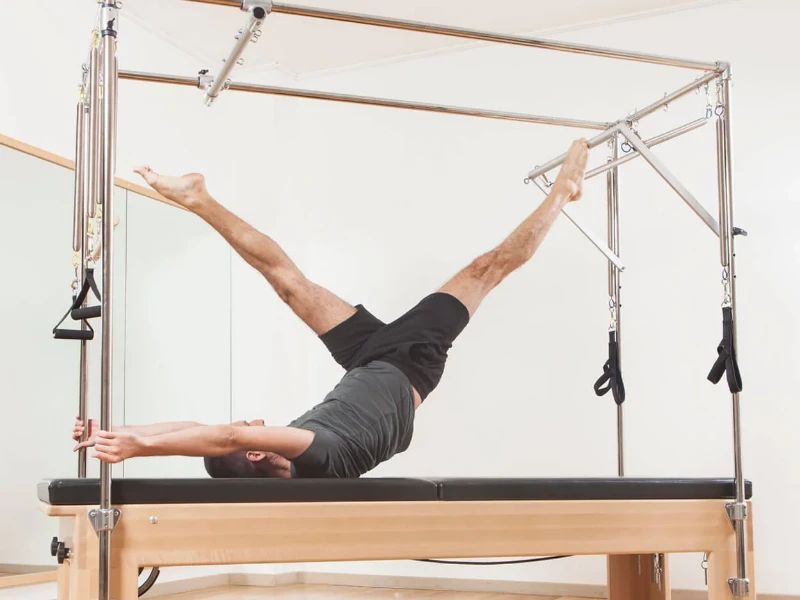
The Mental and Physical Benefits of Practicing Pilates Regularly
Pilates is often lauded for its physical benefits, but it also significantly impacts mental well-being. This post dives deep into the various mental and physical benefits of incorporating Pilates into your regular exercise routine.
Physical Benefits
- Improved Flexibility: Regular Pilates practice enhances overall flexibility, leading to a greater range of motion and improved performance in other physical activities.
- Core Strength: Pilates targets core muscles that stabilize and support the body, leading to better posture and a reduced risk of injury.
- Increased Strength: By using controlled movements against resistance, Pilates helps build strength in nearly every muscle group.
Mental Benefits
- Stress Relief: Many practitioners find that Pilates serves as a form of moving meditation. Focusing on breathing and controlled movements helps reduce stress and anxiety levels.
- Enhanced Focus: The concentration required for Pilates exercises promotes mental clarity and focus, improving overall mental health.
- Mind-Body Connection: Pilates emphasizes the connection between mind and body, encouraging a holistic approach to fitness and self-awareness.
Testimonials
Many Pilates practitioners report remarkable improvements not only in physical fitness but also in mental clarity and emotional well-being. Research indicates that regular exercise, including Pilates, can significantly reduce feelings of depression and anxiety.
Conclusion
The benefits of practicing Pilates extend far beyond physical fitness. By incorporating Pilates into your lifestyle, you’ll unlock a variety of mental and physical health advantages, fostering a balanced approach to overall well-being. Whether you’re new or experienced, make Pilates a part of your routine to experience its many rewards.

